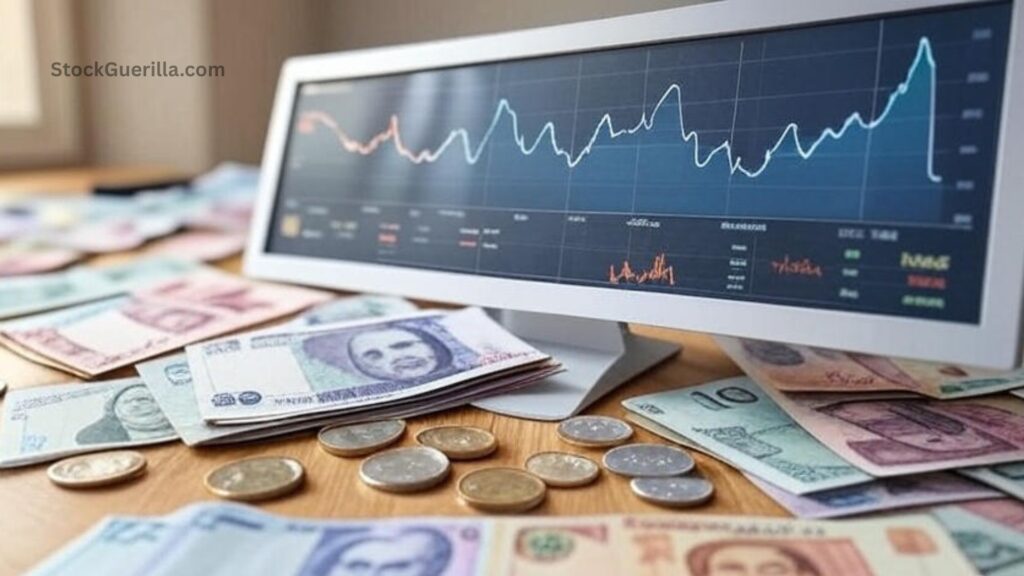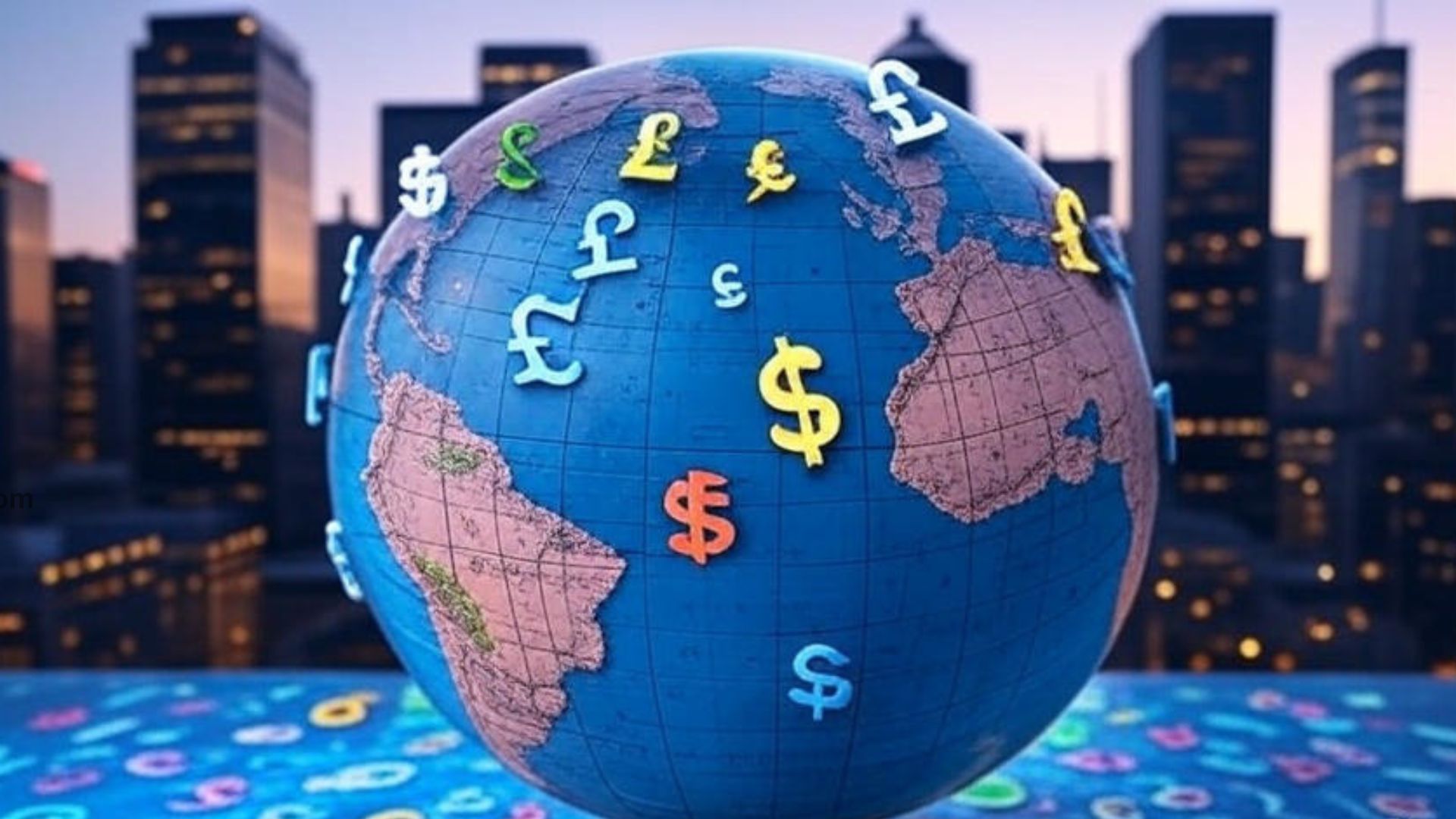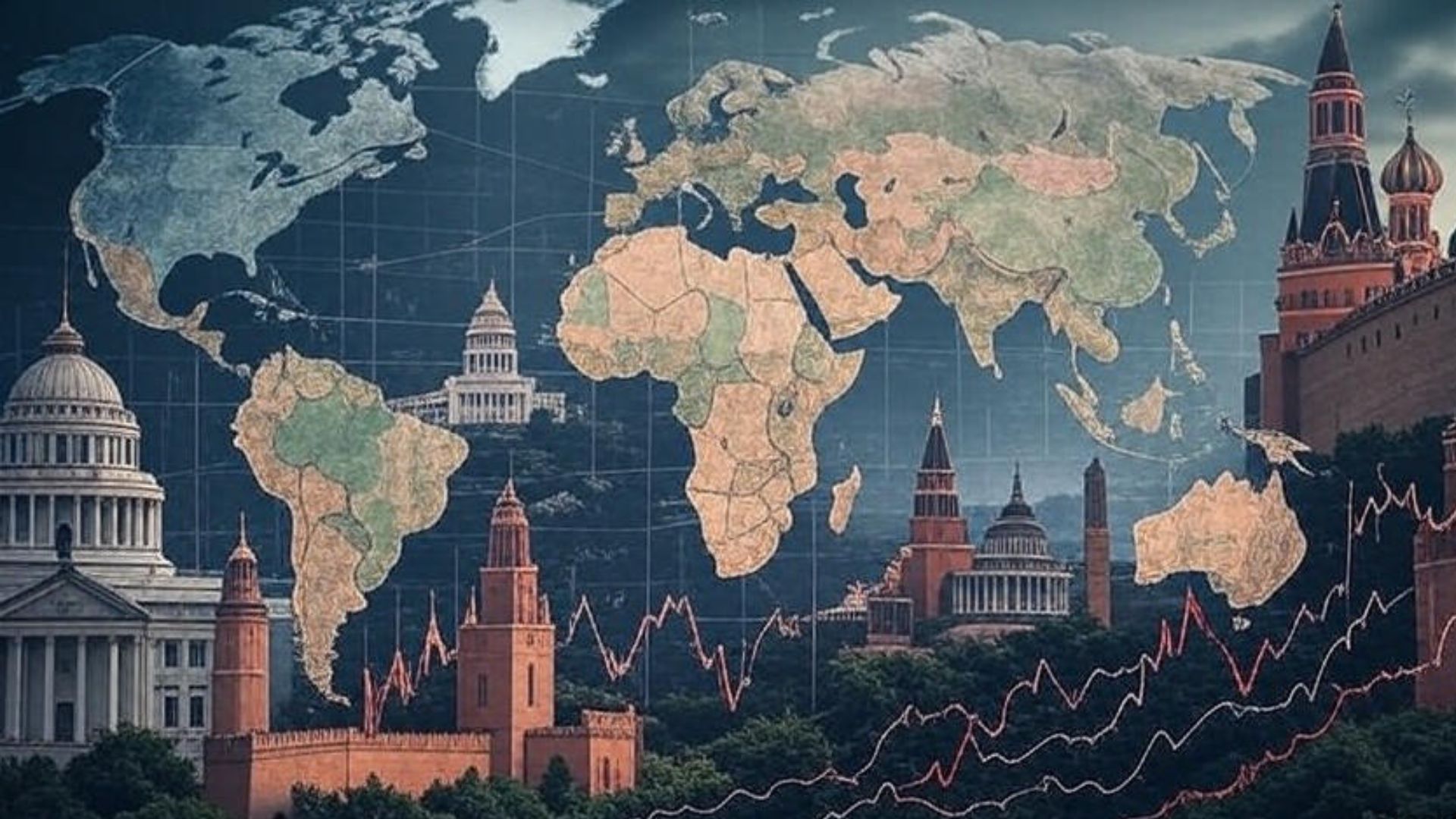How do Currency Fluctuations Impact Multinational Companies?
Currency values go up and down, and when they do, they can impact almost everything in the economy — from how much things cost to how much countries trade with each other. Changes in currency can affect business growth, inflation, interest rates, and even how much money flows in and out of a country. Usually, a currency’s value depends on how strong or weak a country’s economy is.
What Are Exchange Rates?
Exchange rates tell you how much one currency is worth compared to another. People often look at these rates when they travel, pay for imported goods, or receive money from another country. Central banks also keep a close eye on exchange rates when deciding things like interest rates.

A strong currency sounds good, but it can hurt the economy in the long run. It might make local products too expensive for other countries, leading to fewer sales and job losses. On the flip side, a weaker currency can boost exports and help the economy grow.
Currency changes can also impact your everyday life — from how much you pay on your mortgage, to your investment returns, grocery prices, and even your chances of getting a job.
How Currency Affects Trade
When a currency is weak, imports (products bought from other countries) become more expensive. But exports (products sold to other countries) get cheaper, which is great for businesses that sell overseas.
For example, imagine a U.S. company sells a product for $10 to a buyer in Europe. If the exchange rate is €1 = $1.25, the buyer pays €8. If the dollar weakens and the rate becomes €1 = $1.35, the buyer might ask for a discount. The U.S. seller can still make a profit even if they lower the price slightly, thanks to the new exchange rate.
In short, a weak dollar helps U.S. exports stay competitive. A strong dollar does the opposite — it makes exports more expensive and imports cheaper, which can lead to a trade deficit (importing more than exporting). That trade imbalance can eventually weaken the currency again.

Also Read: How to Rebalance Your Investment Portfolio?
Currency and GDP
A country’s GDP (Gross Domestic Product) is a measure of its economic health. The formula is:

GDP = C + I + G + (X – M)
Where:
- C is consumer spending
- I is investment by businesses and households
- G is government spending
- X – M is exports minus imports (also called net exports)
From this, you can see that if a country exports more than it imports, its GDP goes up. But when the local currency is strong, exports may drop — hurting GDP.
Capital Flows: Money Coming In and Out
Foreign investors like to put their money in countries with strong economies, stable governments, and reliable currencies. But if a country’s currency is unstable or likely to drop in value, investors may stay away to avoid losses.
There are two types of foreign investment:
- Foreign Direct Investment (FDI): When investors buy businesses or build factories.
- Foreign Portfolio Investment: When they invest in stocks and bonds.
Governments often prefer FDI because it tends to stay longer, while portfolio investment (also known as “hot money”) can leave quickly if the economy weakens.

Also Read: Which Healthcare Stocks are leading the Market?
Currency and Interest Rates

Central banks think about exchange rates when setting interest rates. If a currency is already strong, raising interest rates can make things worse by attracting even more foreign money. That drives the currency up even higher, which can slow down the economy.
Real-World Currency Crises
1. Asian Financial Crisis (1997):
Thailand’s currency (the baht) was under attack and had to be floated, meaning its value was no longer fixed. This caused panic in nearby countries like Indonesia, Malaysia, and South Korea.
2. Japanese Yen (2008–2013):
Japan had very low interest rates, so many investors borrowed yen and invested elsewhere. But during the 2008 financial crisis, people rushed to buy yen to pay back loans, causing its value to jump by over 25% in just five months. In 2013, Japan’s Prime Minister launched major economic reforms (called “Abenomics”), which caused the yen to drop again by 16%.

Also Read: What are the Most Effective Ways to Reduce Monthly Expenses?
How Investors Can Protect Themselves
- Invest in Foreign Markets: If you think the U.S. dollar will weaken, investing in other countries can help you earn more because their currencies might go up.
- Buy Stocks in U.S. Multinationals: Big U.S. companies that earn money overseas can benefit from a weak dollar — their earnings go up, and so can their stock prices.
- Avoid Borrowing in Foreign Currencies: Unless you fully understand currency risks, borrowing in another country’s currency can be risky if that currency rises in value.
- Use Hedging Tools: You can use financial tools like currency futures, options, and ETFs to protect your money from sudden currency changes.




Post Comment